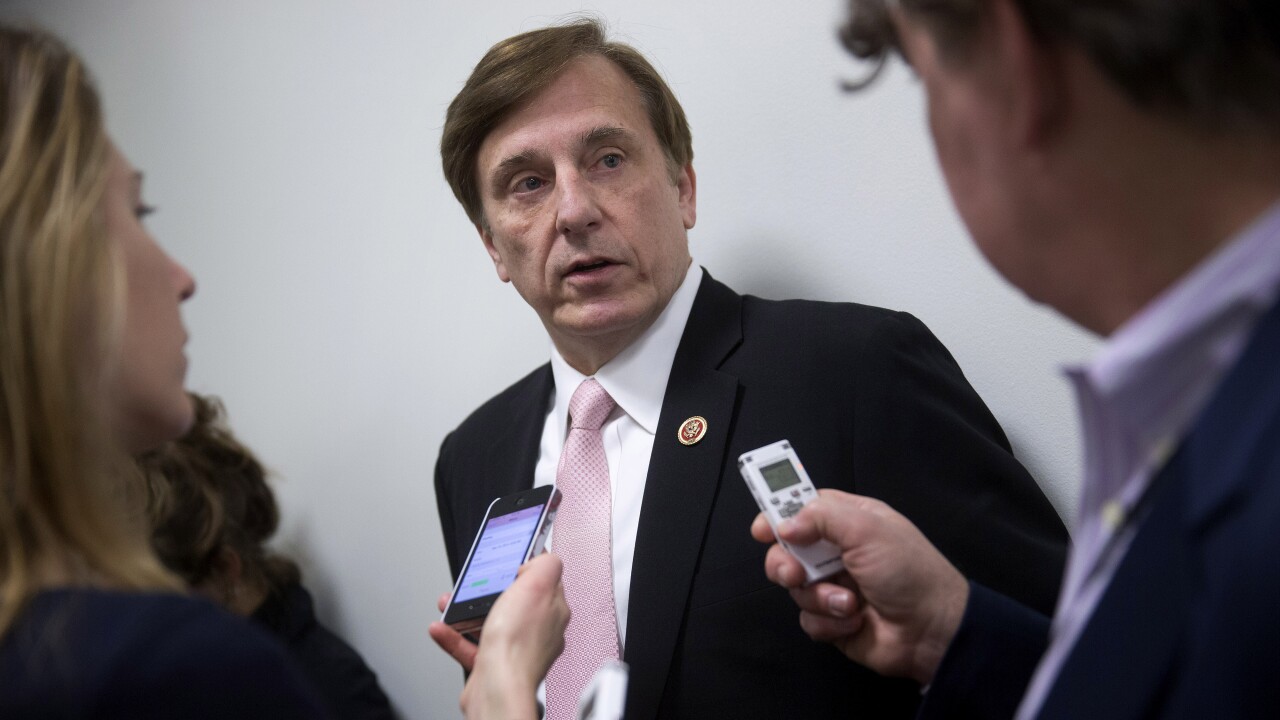SAN FRANCISCO — California general fund revenues last month came in more than 10% below budget projections, raising the specter of deeper cuts to state spending.
The state’s controller said Tuesday that July revenues were $538 million below projections in the budget Gov. Jerry Brown signed at the end of June that relied partly on upbeat revenue projections to fill a multibillion-dollar gap.
If those revenues fail to line up as expected during the year, cuts will be triggered in the budget at various stages depending on the severity of the shortfall.
“While we hope for better news in the months ahead, every drop in revenues puts us closer to the drastic trigger cuts that could be imposed next year,” Controller John Chiang said in a statement Tuesday.
Brown signed the state’s $85.9 billion spending plan on the final day of the fiscal year. Lawmakers, relying on the Democratic majority, passed a budget based on spending cuts plus $4 billion of future revenue to fill a $9.6 billion hole.
H.D. Palmer, a spokesman for the Department of Finance, said it is too early to know if any cuts will be triggered.
“We don’t have anywhere near the amount of detailed data to make a definitive determination at this point as to what the revenue update is going to be or whether the trigger is going to pulled in whole or in part or at all,” Palmer said.
He said a decision on whether to pull the budgetary triggers would be based on updated estimates on revenue projections by the department and the Legislative Analyst’s Office based on the budget for the entire fiscal year.
The recent stock market turmoil has also heightened unease.
According to the most recent data from the state franchise tax board, the top 1% of taxpayers in California generated 37% of all personal income tax revenue in 2009. That compares to 48% in 2006 before the recession hit. The top-end income tax is impacted by capital gains taxes, stock options, and dividends.
“We are watching like everyone else is what is going on with the market,” Palmer said.
In July, income tax revenue rose 2.9%, or $89 million, compared to estimates, but sales tax collections fell 12.5%, or $139 million, and corporate tax revenue slid 19.3%, or $69 million.
June revenues had come in 3.7%, or $440 million, above estimates used in the governor’s May budget proposal. Sales taxes were 0.8%, or $21 million, above projections, while personal income taxes rose 6.8%, or $410 million, and corporate taxes gained 7.2%, or $156 million, according to the controller’s office.
Chiang said the state had an $11 billion cash deficit as of the end of July, which the treasurer’s office partly closed by getting a $5 billion bridge loan from a group of banks. State revenues typically come in stronger toward the end of the fiscal year.





